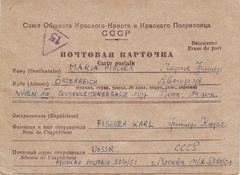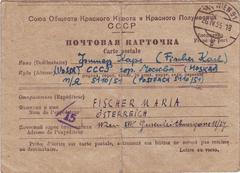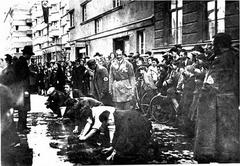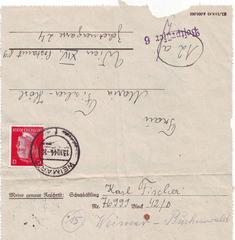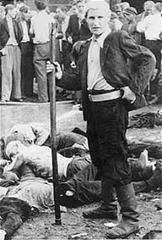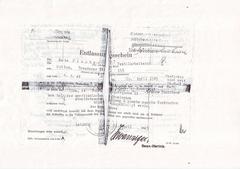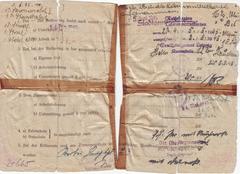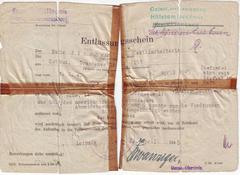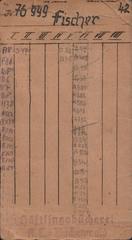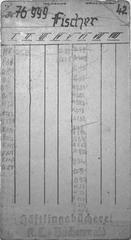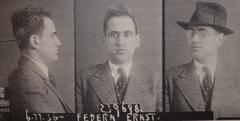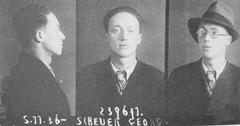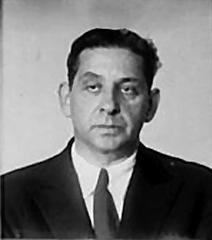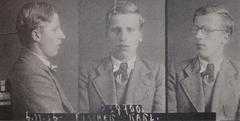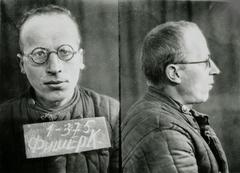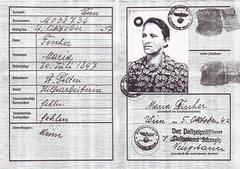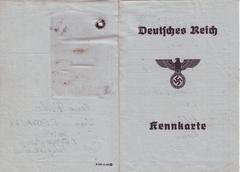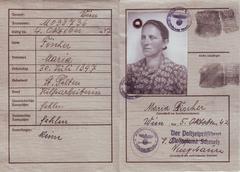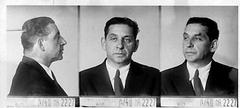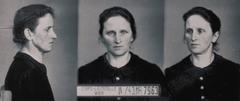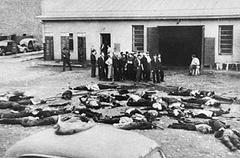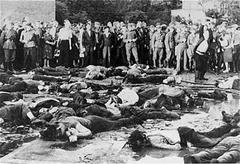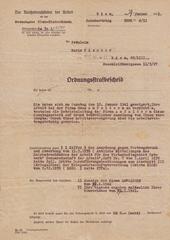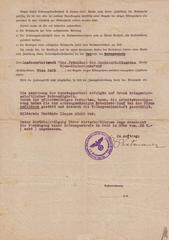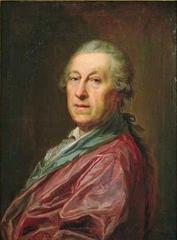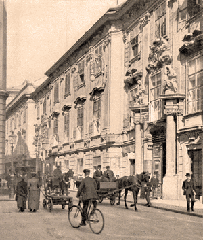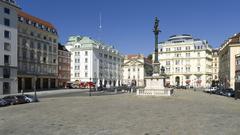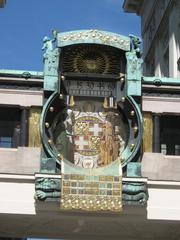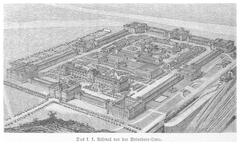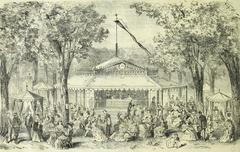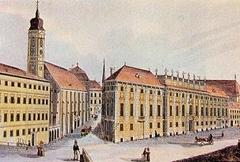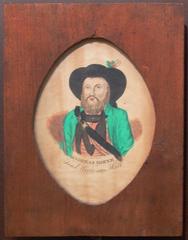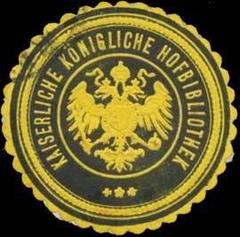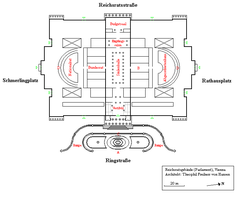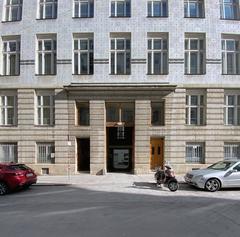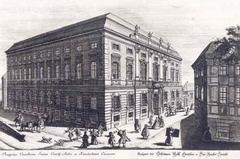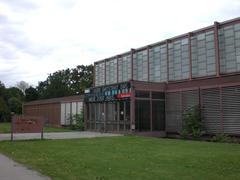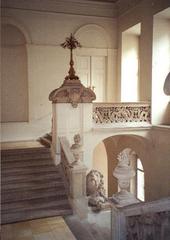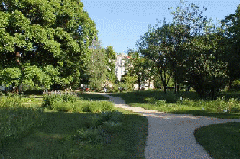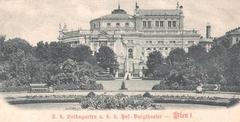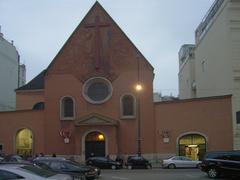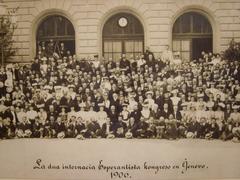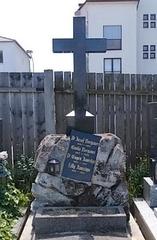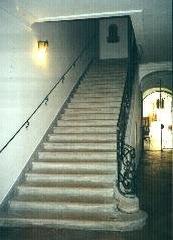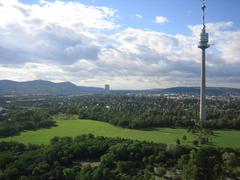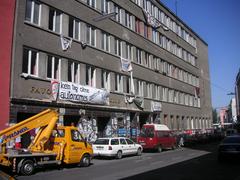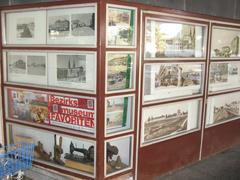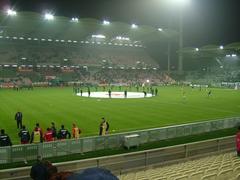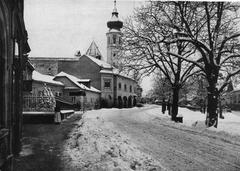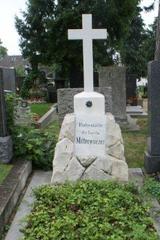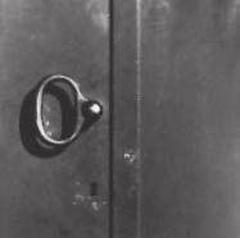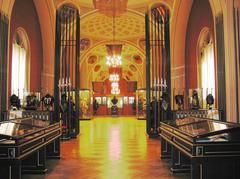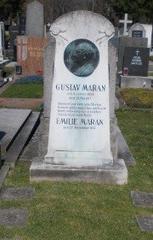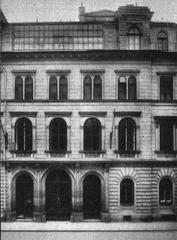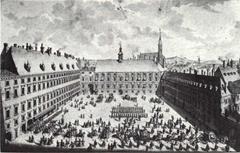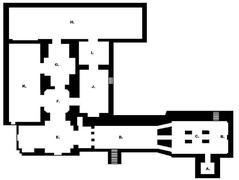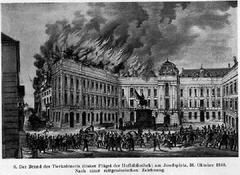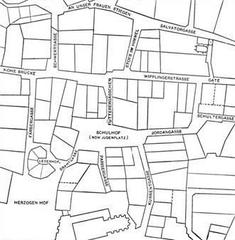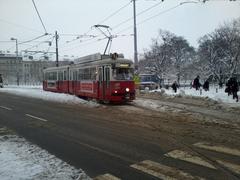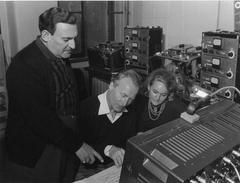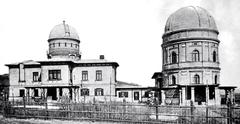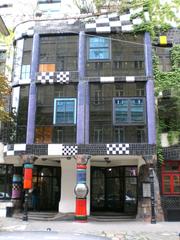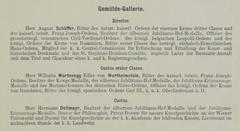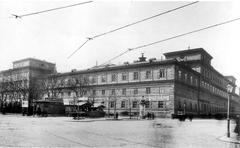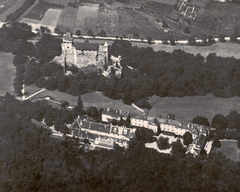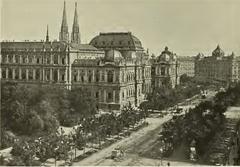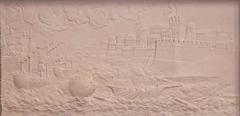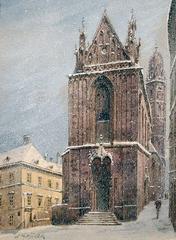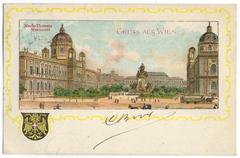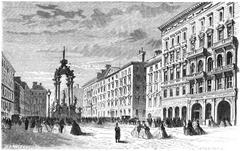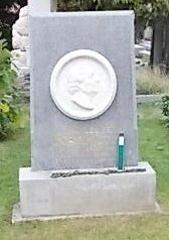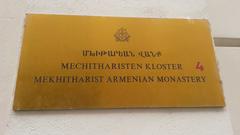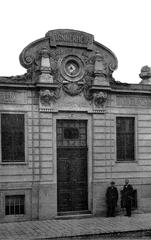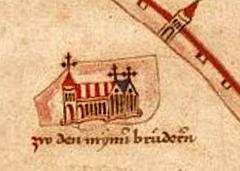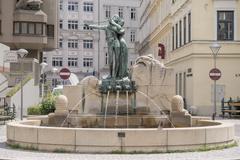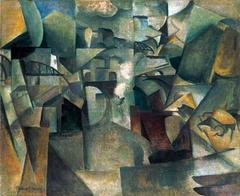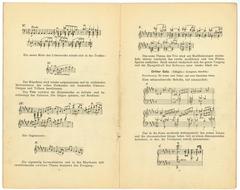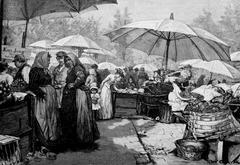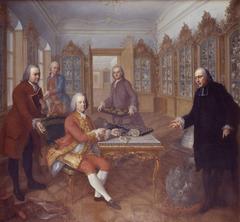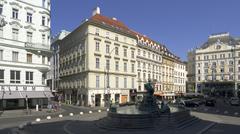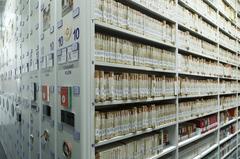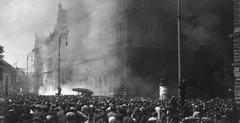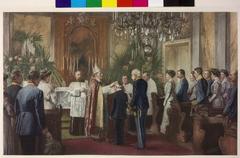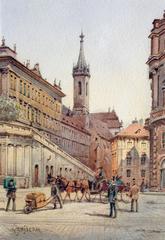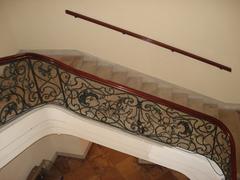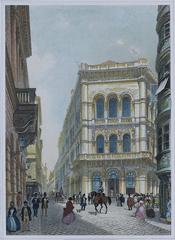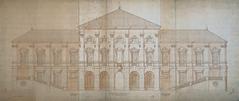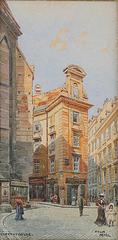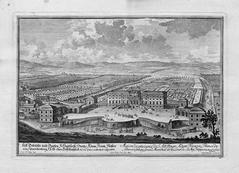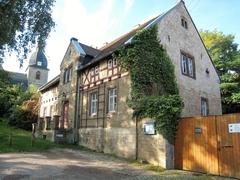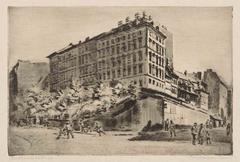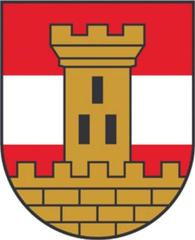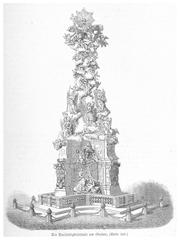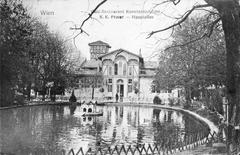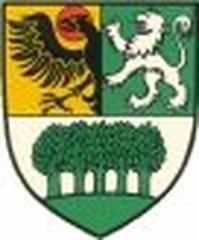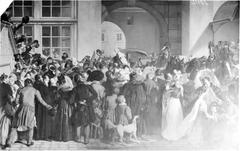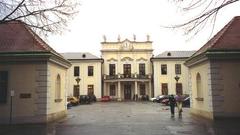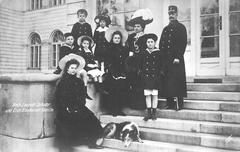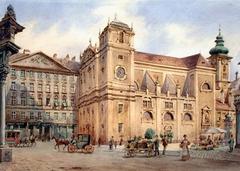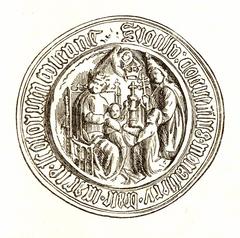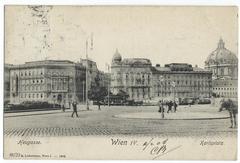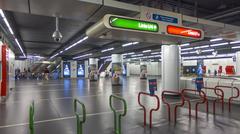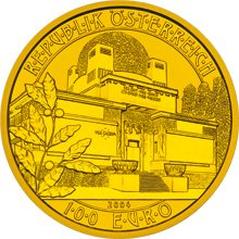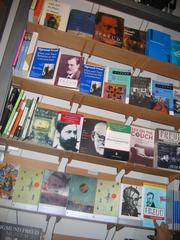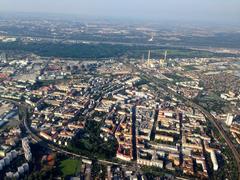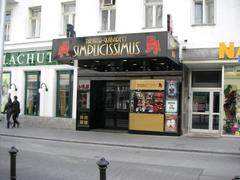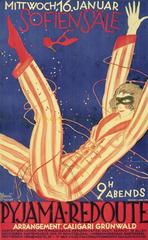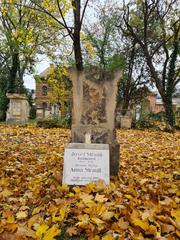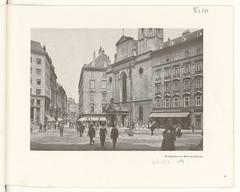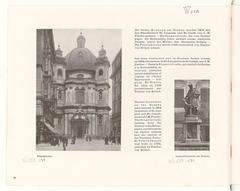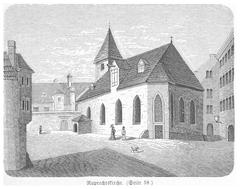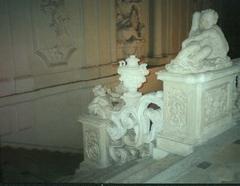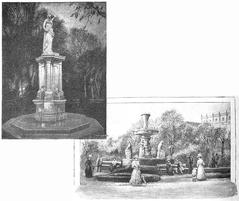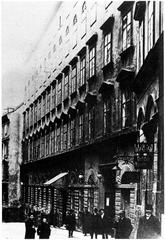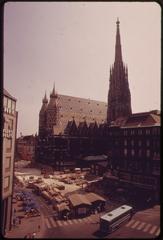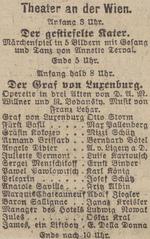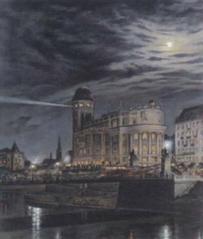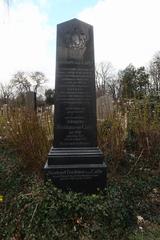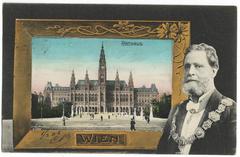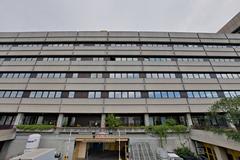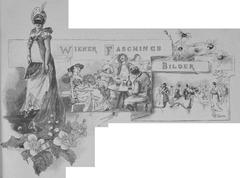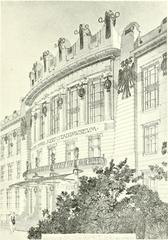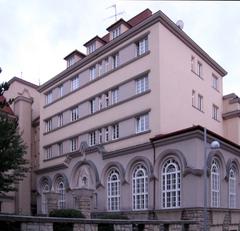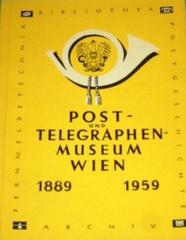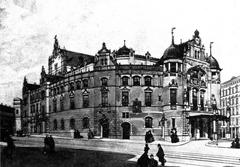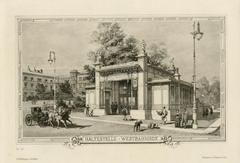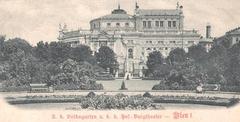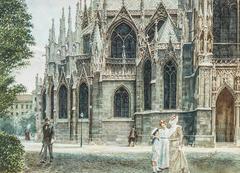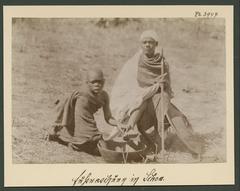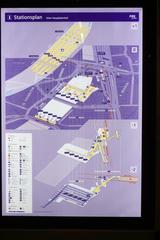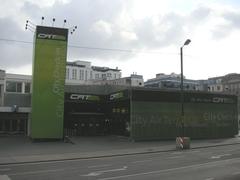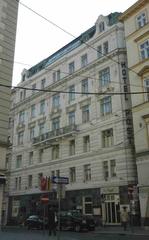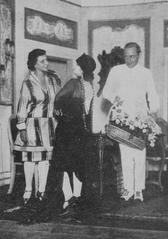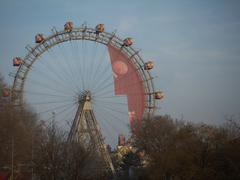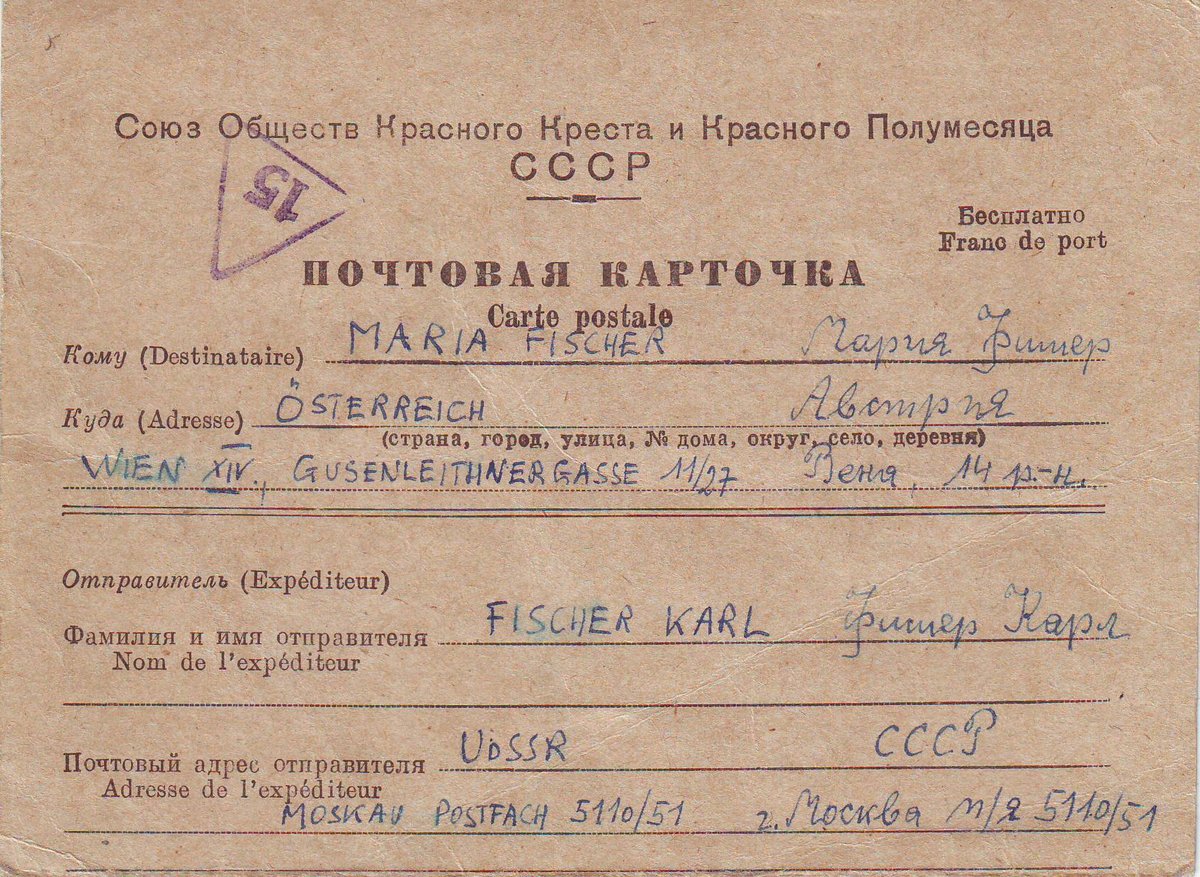
Visiting the Documentation Centre of Austrian Resistance (DÖW), Vienna: A Comprehensive Guide
Date: 14/06/2025
Introduction
The Documentation Centre of Austrian Resistance (Dokumentationsarchiv des österreichischen Widerstandes, DÖW) is one of Vienna’s most significant historical sites, dedicated to documenting Austria’s resistance against National Socialism and commemorating the victims of Nazi persecution. Founded in 1963 by survivors, resistance fighters, and scholars, the DÖW has become a cornerstone for research, education, and remembrance, challenging Austria’s post-war narratives and advancing historical understanding. This guide provides detailed visitor information, highlights the Centre’s historical and cultural significance, and includes practical tips for making the most of your visit.
For the latest updates and official details, consult the DÖW website, Vindobona, and TracesOfWar.
Contents
- Historical and Cultural Significance
- Exhibitions
- Permanent Exhibition
- Temporary & Special Exhibitions
- Archival Collections
- Overview of Holdings
- Special Collections
- Digital Databases
- Visitor Information
- Location & Directions
- Opening Hours
- Tickets & Admission
- Accessibility
- Guided Tours & Educational Programs
- Visitor Facilities
- Travel Tips
- Nearby Attractions & Events
- Visual & Interactive Elements
- FAQs
- Conclusion & Call to Action
- Sources & Further Reading
Historical and Cultural Significance
The DÖW is vital in Austria’s confrontation with its Nazi-era history. Established by those directly affected by Nazi persecution, the Centre broke the silence surrounding Austria’s role in World War II, challenging the myth of Austria as merely the “first victim” of Nazi aggression and revealing the complexities of collaboration, resistance, and survival. Today, the DÖW is recognized for its contribution to Austria’s historical reckoning and its ongoing influence in public discourse and education (Vindobona).
The Centre’s exhibitions and archives honor diverse groups affected by the Nazi regime, including Jews, Roma and Sinti, political dissidents, and others. It serves as both a research institution and a public memorial, fostering remembrance and promoting human rights and democratic values.
Exhibitions
Permanent Exhibition
The permanent exhibition provides a chronological and thematic journey through Austria’s turbulent 20th-century history, focusing on:
- The rise of National Socialism and the Anschluss
- Political repression and acts of resistance
- Persecution of Jews, Roma, Sinti, and other minorities
- Survivor testimonies and original documents
- Postwar justice and memory culture
Key features include original documents, artifacts, photographs, and multimedia installations such as video testimonies and digital timelines. The thematic approach helps visitors understand the breadth of resistance efforts and the devastating impact of Nazi policies (DÖW History).
Temporary & Special Exhibitions
The DÖW regularly curates temporary exhibitions on topics such as Austrian volunteers in the Spanish Civil War, exile experiences, and current challenges related to right-wing extremism. These exhibitions are complemented by lectures, panel discussions, and workshops, providing dynamic and topical engagement for visitors (EHRI Project).
Archival Collections
Overview of Holdings
The DÖW’s archives are an invaluable resource for both researchers and the public, containing:
- Police and judicial records (1934–1945)
- Personal records, letters, and autobiographies from victims and resistance members
- Extensive photo collections illustrating daily life, persecution, and resistance
- Oral history interviews with more than 1,000 individuals born between 1890 and 1944
Special Collections
- KZ-Verband Collection: Membership applications to the “Alliance of Politically Persecuted”
- Exile Collection: Documentation on Austrian exiles and resistance abroad
- Spanish Civil War Collection: Materials on Austrian volunteers and their experiences
- Gestapo Identification Cards: Index cards from the Vienna Gestapo, essential for tracing persecuted individuals
Digital Databases
- Victims of Political Persecution Database: Records of Austrians persecuted for political reasons under Nazi rule
- Austrian Holocaust Victims Database: About 450,000 records on Jewish Austrian victims of the Holocaust (EHRI Project)
Visitor Information
Location & Directions
- Address: Wipplingerstraße 6–8, 1010 Vienna (Altes Rathaus)
- Public Transport: U2 Schottentor or U3 Herrengasse (10-minute walk); several tram and bus lines serve the area
- For detailed directions, see the DÖW contact page
Opening Hours
- Monday to Friday: 9:00 AM – 5:00 PM
- Closed on weekends and Austrian public holidays
Tickets & Admission
- Entry to the permanent exhibition is free
- Donations are appreciated to support ongoing research and education
- Guided tours and educational programs require advance booking via the official form
Accessibility
- The Centre is wheelchair accessible, with elevators and ramps
- Audio guides, tactile materials, and written transcripts are available for visitors with disabilities
- For specific accommodations, contact the Centre in advance
Guided Tours & Educational Programs
- Offered in German and English, tailored for individuals, school groups, and organizations
- Advance booking required; group size limited to 25
- The DÖW also offers workshops and seminars on civil courage, totalitarianism, and related topics
Visitor Facilities
- Cloakroom for coats and small bags
- Accessible restrooms on the exhibition floor
- Complimentary Wi-Fi
- Reading room and archive (by appointment, Mon–Fri, 9:00 AM–4:00 PM) (archive access details)
- Small museum shop with books and educational materials
Travel Tips
- Allocate at least 1–2 hours for your visit
- Book guided tours in advance, especially during school terms and around special remembrance dates
- Dress and behave respectfully due to the sensitive nature of the exhibits
- Combine your visit with nearby sites, such as the Holocaust Memorial at Judenplatz or the MuseumsQuartier
Nearby Attractions & Special Events
- Judenplatz Holocaust Memorial: A short walk from the DÖW
- MuseumsQuartier: Contemporary art museums and cultural venues
- Mariahilfer Straße: Vienna’s main shopping street
- The DÖW frequently hosts lectures, film screenings, panel discussions, and commemorative events—check the events calendar for the latest schedule
Visual & Interactive Elements
- Multimedia installations, including video testimonies and documentary footage
- Interactive displays and digital timelines
- Virtual tours and downloadable educational resources available on the DÖW website
Image Suggestions:
- Exterior view of the Documentation Centre (alt text: “Documentation Centre of Austrian Resistance building in Vienna”)
- Archival materials and artifacts (alt text: “Archival documents at the Documentation Centre of Austrian Resistance”)
- Visitors engaging with exhibits (alt text: “Visitors exploring interactive displays at the Documentation Centre of Austrian Resistance”)
Frequently Asked Questions (FAQ)
Q: Is there an admission fee?
A: No, admission to the permanent exhibition is free. Donations are welcome.
Q: Are guided tours available in English?
A: Yes, tours are offered in English and German with advance booking.
Q: Is the Centre wheelchair accessible?
A: Yes, with elevators, ramps, and accessible restrooms.
Q: Can I take photographs inside?
A: Photography for personal use is allowed in most areas; flash and tripods are prohibited. Some sensitive exhibits are not to be photographed.
Q: Are there facilities for researchers?
A: Yes, the reading room and archives are accessible by appointment.
Q: Is there a café or gift shop?
A: There is a small shop with books and souvenirs; nearby cafés and restaurants are within walking distance.
Conclusion & Call to Action
The Documentation Centre of Austrian Resistance is an indispensable institution for anyone seeking to understand Austria’s history of resistance, persecution, and memory. Its comprehensive exhibitions, rich archives, and inclusive educational programs make it an essential stop for visitors, students, researchers, and anyone interested in human rights and historical dialogue.
Plan your visit today by consulting the DÖW website, booking a guided tour, and exploring related resources. For up-to-date event information and educational materials, follow the DÖW on social media and subscribe to their newsletter.
Sources & Further Reading
- DÖW Official Website
- Vindobona Article on DÖW
- TracesOfWar.com - Documentation Centre
- EHRI Project Institution Page
- DÖW Visitor Information
